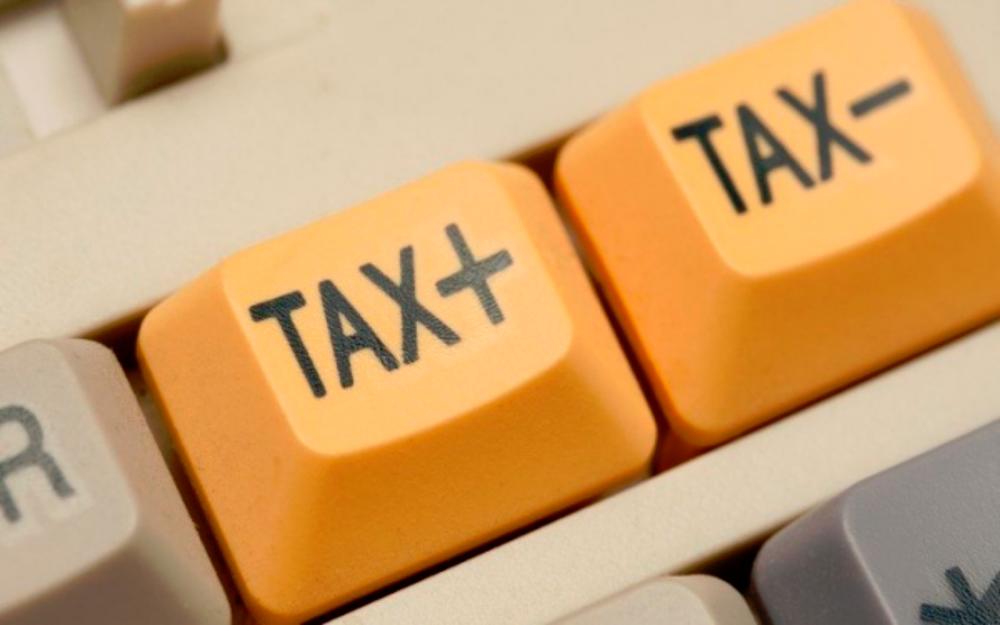WITH the tax filing for individuals due by April 30 (paper filing) and May 15 (e-filing), it is timely to remind ourselves of the need to keep records to support the tax returns. Without records, you will be at the mercy of the taxman who can issue a best judgement assessment which may be detrimental to you. To avoid protracted arguments and appeals, it is best to keep the necessary records to justify the information contained in the tax returns.
If records are not kept, what happens?
For an individual whether or not he carries on a business, there is a requirement to keep records for seven years from the end of the year of assessment. In simple terms, an individual filing a return for the year ended Dec 31, 2020 should keep the 2020 records until Dec 31, 2027. Similarly, in 2021, an individual needs to keep records going back all the way to 2014.
If you do not have the records and the Inland Revenue Board (IRB) initiates an audit and requests for documents and you are unable to produce the said documents, your claims for reliefs and deductions may be denied. In the case of an individual who carries on a business, your income from the business will be in doubt and the tax authorities, in this instance, are likely to use their own judgment and issue an assessment on that basis which will be higher than what you reported. Furthermore, the failure to keep such records is an offence which can trigger a fine on conviction of not less than RM300 or not more than RM10,000, an imprisonment term not exceeding one year or to both.
What kind of records you need to keep?
If you are an employee, the basic documents you should keep will include all invoices, receipts, bank statements and credit card statements to support your relief and deduction claims and the EA forms to support your income. There may be other transactions involving property, shares, mutual funds and other investments. All these transactions need to be supported with the documents such as sale and purchase agreements and relevant statements.
If you are an individual carrying on a business, in addition to the above records, you should retain all the documents with your customers, suppliers and service providers to support your business accounts.
You can keep your records manually or in an electronic form. The records must be kept in Malaysia and it can be kept either in Bahasa Malaysia or English.
Circumstances beyond your control
If the records are not available due to a fire, flood or some other calamity, the taxpayer should provide alternative evidence to prove that such events occured. Pictures, newspaper cuttings, police reports, and reports to other authorities should be acceptable to prove there was a genuine loss of documents. In this scenario, the taxpayer must provide alternative evidence or information to estimate the income or the expenditure that will be included in his tax returns.
Digital payments via e-wallets
These payments can give rise to problems as the digital platforms do not provide monthly statements of the movements in and out of the accounts. It is important for the individual to keep track of the movements through these platforms by taking screenshots after each transaction. This is an issue that the tax authorities need to address as more and more transactions are being undertaken digitally. It is high time IRB issue some guidance on this.
This article was contributed by Thannees Tax Consulting Services Sdn Bhd managing director SM Thanneermalai.















